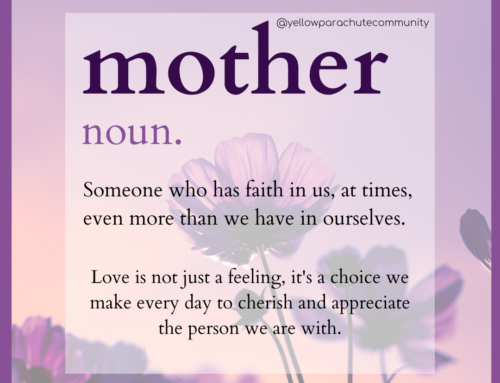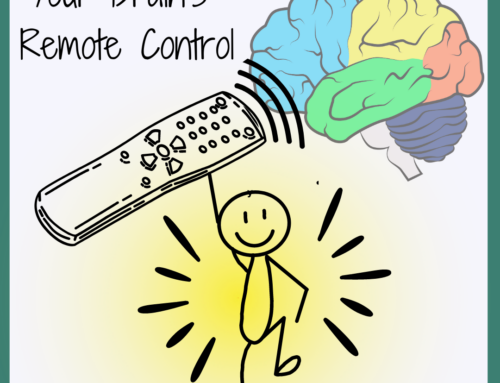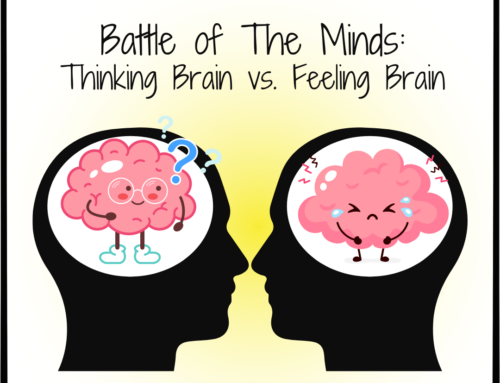Coaching and therapy may share some similarities, but they are not the same thing. If you’re wondering about the distinction between coaching and therapy, check it out! If you have experiences with both modalities, you may find the Venn Diagram above limited in scope. Never fear! It is meant to start a conversation rather than give a comprehensive view of two nuanced and overlapping practices.
This post fostered great discussion on our Linked In page, so we decided to bring it to you on our blog.
While both coaches and therapists assist in identifying strengths, weaknesses, and overcoming obstacles, the choice between the two depends on your specific needs and goals. Although coaching and therapy serve different purposes, they can work well together. It is important to recognize these distinctions to determine which is most suitable for you.
Here are FIVE key variations to consider:
Past vs. future: Coaches focus on your present to shape the future you aspire to, while therapists delve into your past to help you navigate the present. Clients dwelling on past events may benefit more from therapy for healing and support.
Diagnosis vs. co-creation: Therapists diagnose mental health conditions and address traumas, whereas coaches collaborate with clients to co-create solutions. Coaches guide clients through questioning and facilitate their thought process to leverage strengths and resources.
Patient-therapist relationship vs. equality: Therapy involves a hierarchical relationship between doctor and patient, emphasizing treatment. On the other hand, coaching emphasizes equality between the coach and client, promoting a collaborative approach without a superior-inferior dynamic.
Focus on understanding and healing vs. empowerment and action: Therapy centers on understanding the past and healing emotional wounds, while coaching empowers individuals to create solutions and action plans, guiding them to think and act differently and progress.
Personal vs. professional topics: While both professionals can address a wide range of issues, clients might find it challenging to explain technical matters to therapists, such as project management terms or time management strategies. Similarly, individuals may feel uneasy discussing personal matters with coaches, like grief or emotional struggles.
Yours in the journey,
Cara
Would you like to talk with Jenny McKeand about whether coaching or therapy is right for you? She’s ready to help. Contact us now!
What are we missing? Comment kindly below!







